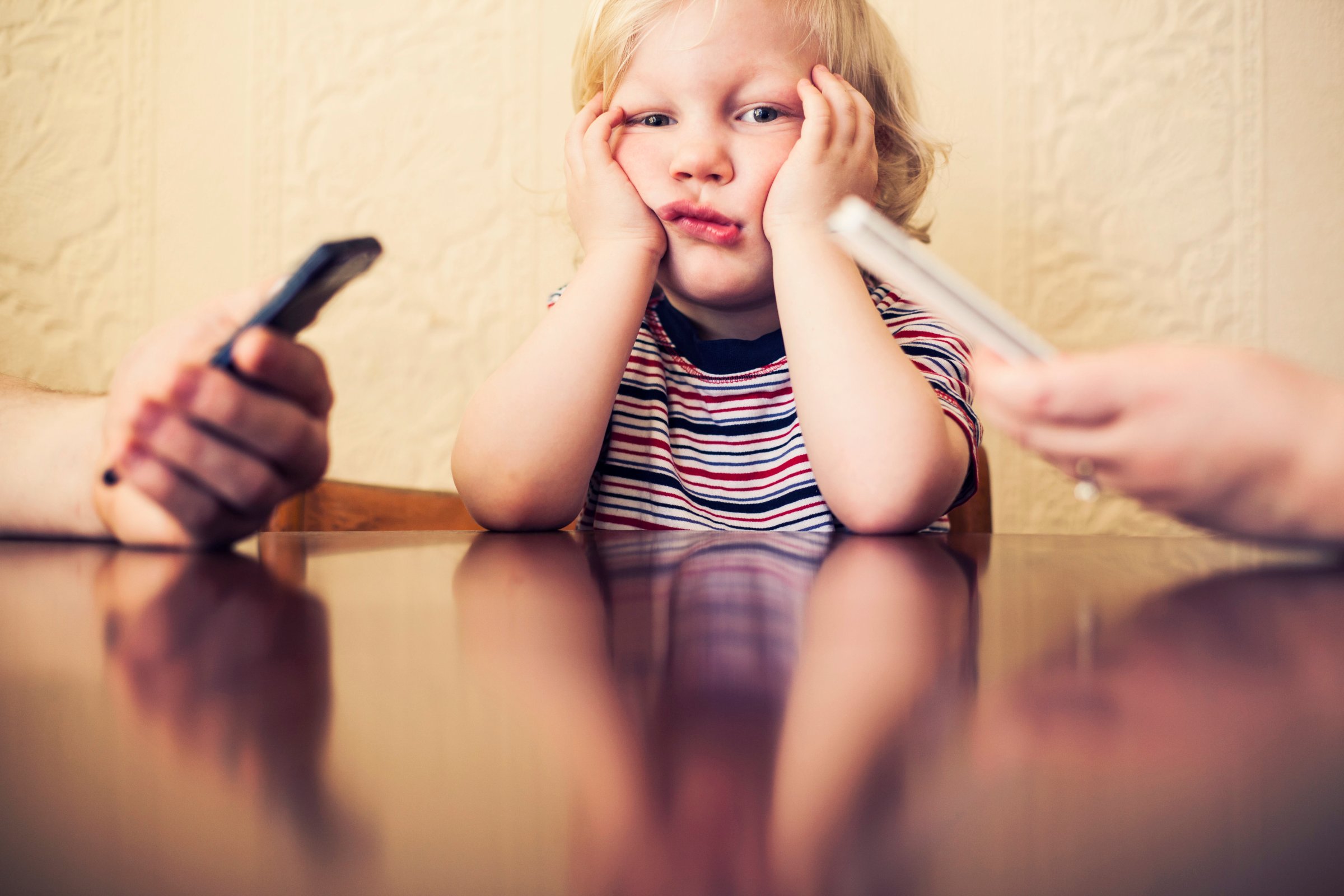
It’s hard to avoid the lure of the smartphone — so many apps! — and if you’re a parent with rambunctious kids, you may not want to. But a fascinating study of the dynamic between parents, kids and smartphones paints a sobering picture of what the devices are doing to the parent-child relationship.
Dr. Jenny Radesky, a fellow in developmental-and-behavioral pediatrics at Boston Medical Center, specializes in counseling parents about developmental and behavioral issues with their children. So she was naturally curious about how the ubiquity of smartphones, and their distracting allure, might affect the quality of time that parents and their children spent together. Previous studies showed that TVs, even if they are only on in the background, can inhibit children’s creativity and siphon their concentrating and focusing powers.
To study the effect of smartphones, Radesky and her colleagues sent in undercover investigators to surreptitiously observe any adult-child grouping with more than one youngster as they ate at a fast-food restaurant. The observers recorded the behavior of both the adults and the children in 55 such groupings, as well as how frequently the adults used their smartphones.
The data provided an unvarnished look at how absorbed many parents were by their devices. One child reached over in an attempt to lift his mother’s face while she looked down at a tablet, but to no avail. Another mother kicked her child under the table in response to the child’s various attempts to get her attention while she looked at her phone. A father responded in curt and irritated tones to his children’s escalating efforts to tear him away from his device.
“What stood out was that in a subset of caregivers using the device almost through the entire meal, how negative their interactions could become with the kids,” she says. While the study did not code or quantify the reactions, Radesky says that there were “a lot of instances where there was very little interaction, harsh interaction or negative interaction” between the adults and the children. “That’s simply unfair to the children,” says Dr. Wendy Sue Swanson of Seattle Children’s Hospital and author of the Seattle Mama Doc blog.
MORE The Smartphone App Wars Are Over, and Apple Won
In light of the data, Radesky is working with the American Academy of Pediatrics to develop some guidelines for the smart smartphone use in front of the kids — just as the academy has advice for parents on TV viewing (none for toddlers younger than 2). She and her group also plan to expand the studies with videotapes of the interactions, to better understand how parents absorbed by their phones engage with and respond to their kids, as well as the kids’ reactions to having their parents or caregivers having their attention diverted by the devices. Part of the broader work will also include a more detailed analysis of what parents are doing on their phones, to determine if there are better and worse things to do while in the company of youngsters.
In the meantime, setting aside devices during specific times, such as meal, story and bed times, can help to minimize any potentially distracting effects that smartphones have on parent-child interactions. Using the phone, says Swanson, “is not recommended at the dinner table — a time that we think is valuable to fostering cohesion.”
MORE We’re All Doomed: Using Your Smartphone Before Bed Can Cause Cell-Phone ‘Hangover’
Also, recognizing that responding to email or scanning Facebook while your kids are waiting or attempting to get your attention isn’t fair to them and could change the nature of your relationship with your kids if they don’t feel they are as important as the device. “These data are a wake-up call for we parents in that we really need to think about how these enticing devices not only distract us but potentially change who we are as parents,” says Swanson.
Establishing no-device rules at certain times of day or places in the home can also help. That not only can improve relations between young children and their parents, but also teach the children about how to properly engage with people during conversations or interactions as they grow older. “My concern is that if the device use becomes really excessive, and it replaces our day-to-day interactions, then kids won’t get much practice with having conversations, reading social cues and responding sensitively to something that the other person expresses,” she says. Kids learn by watching and participating, and if parents aren’t engaging with their children, then the young ones could start to lose their social role models. And who wants a generation of people who text each other while sitting at the same table?
Read next: How to Avoid Spoiling Your Child
Listen to the most important stories of the day.
These Kids Want to Show You Their Favorite Toys
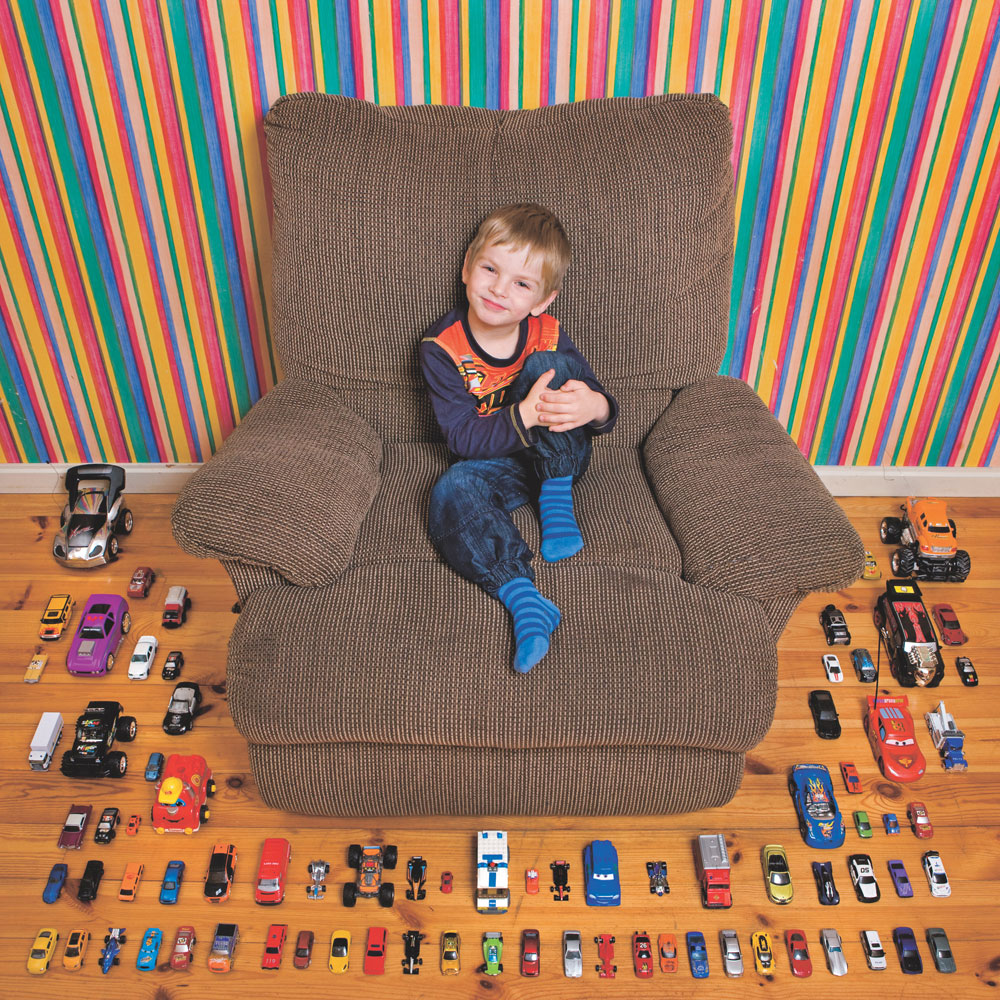


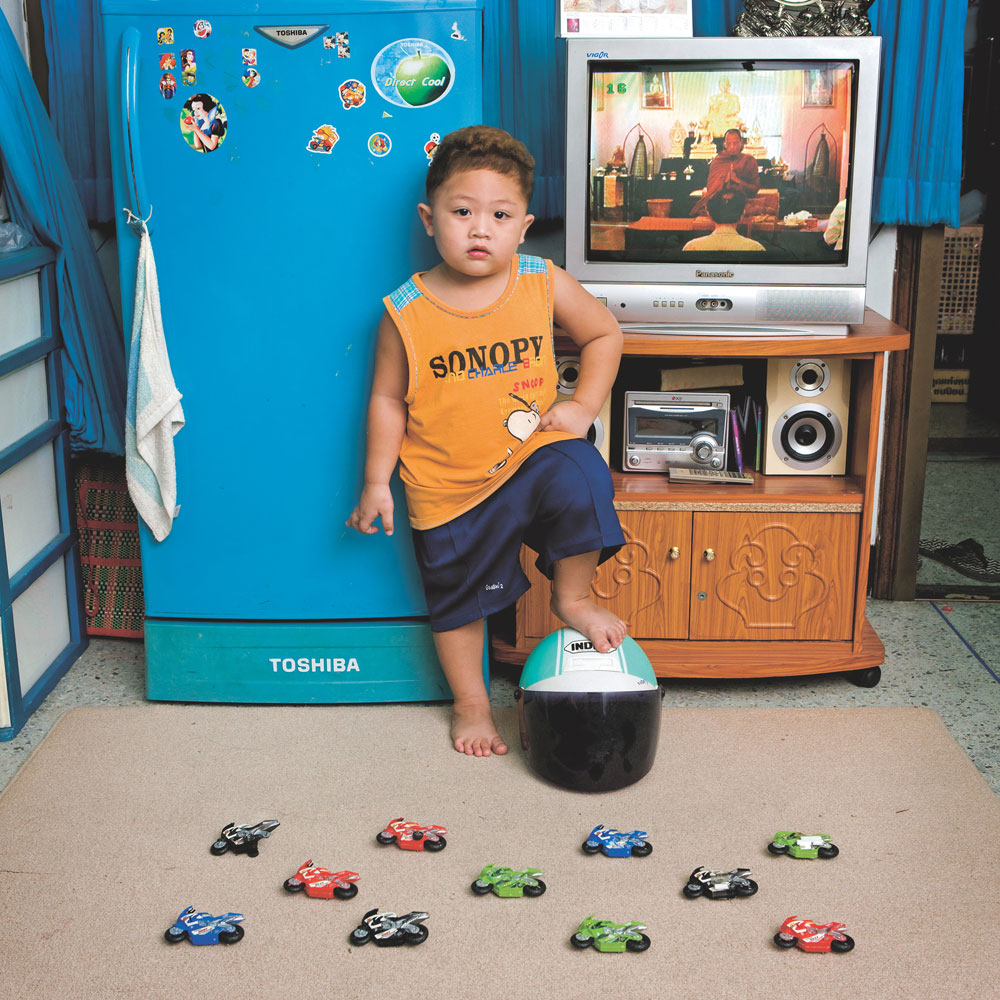

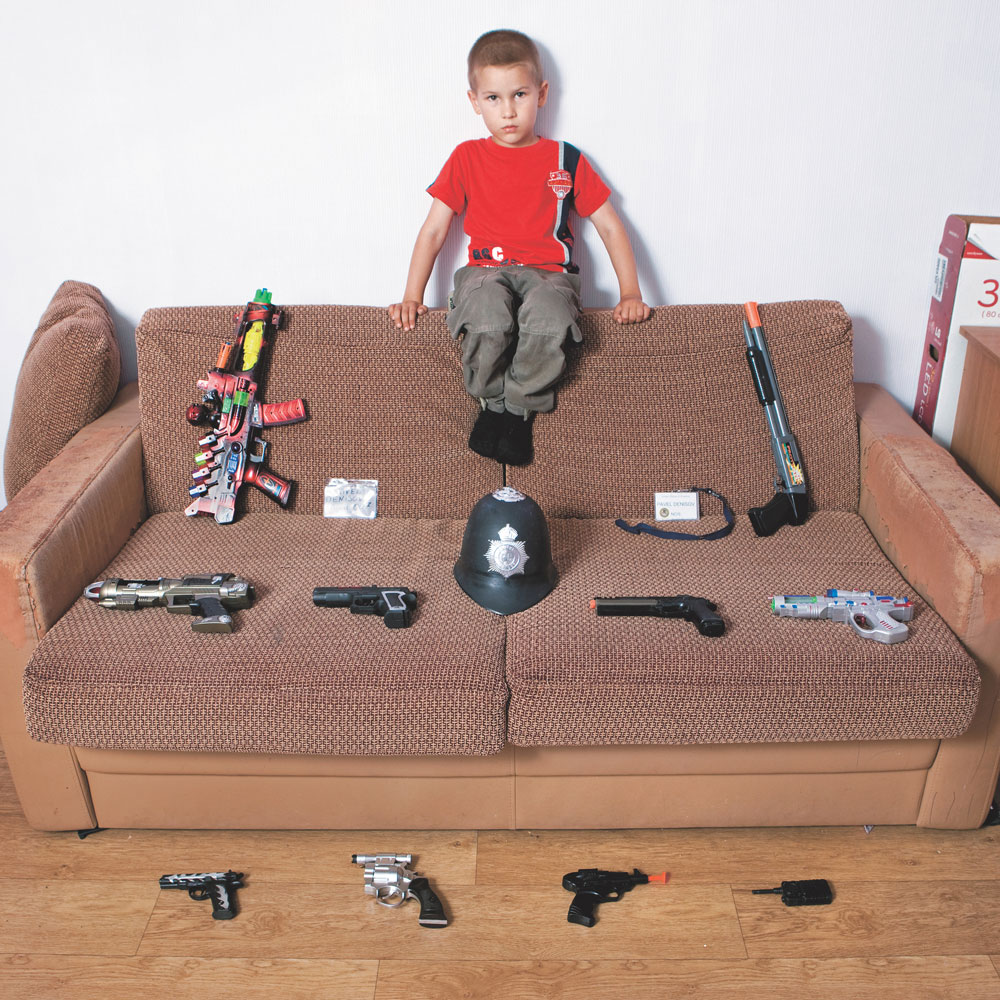


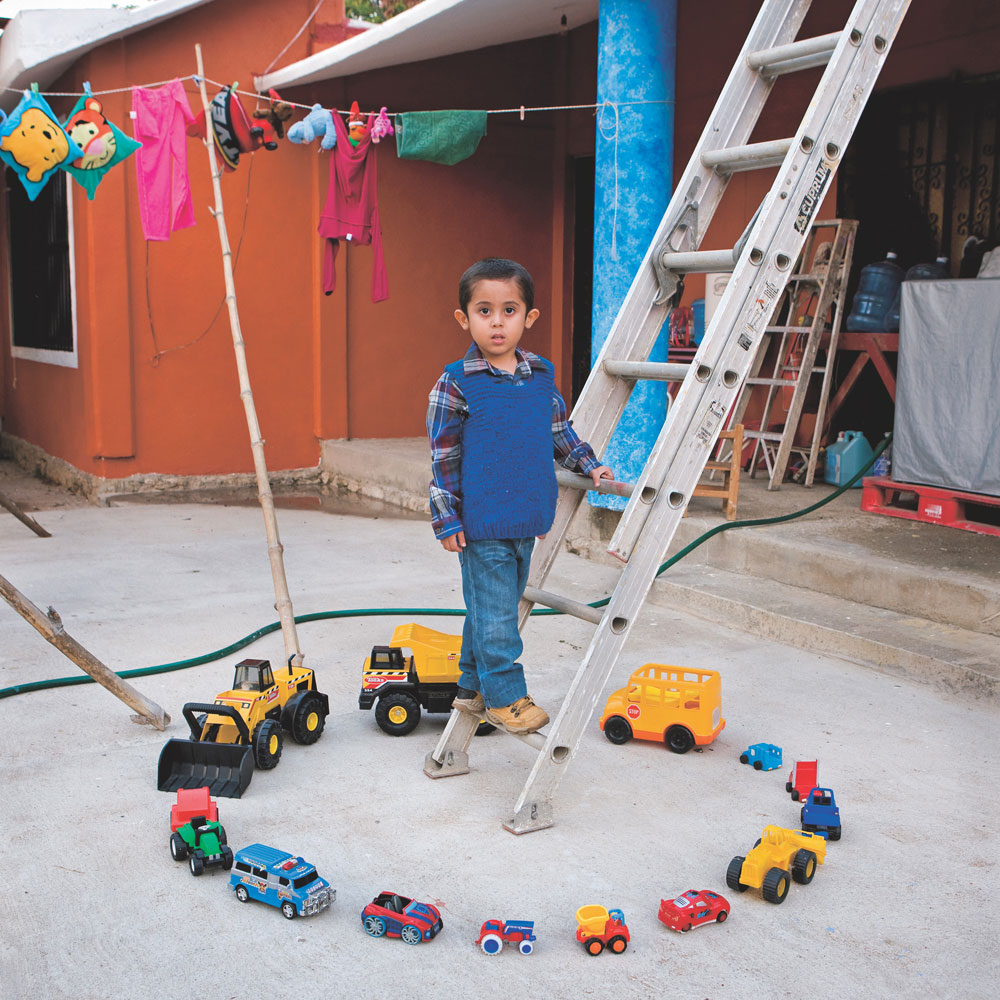

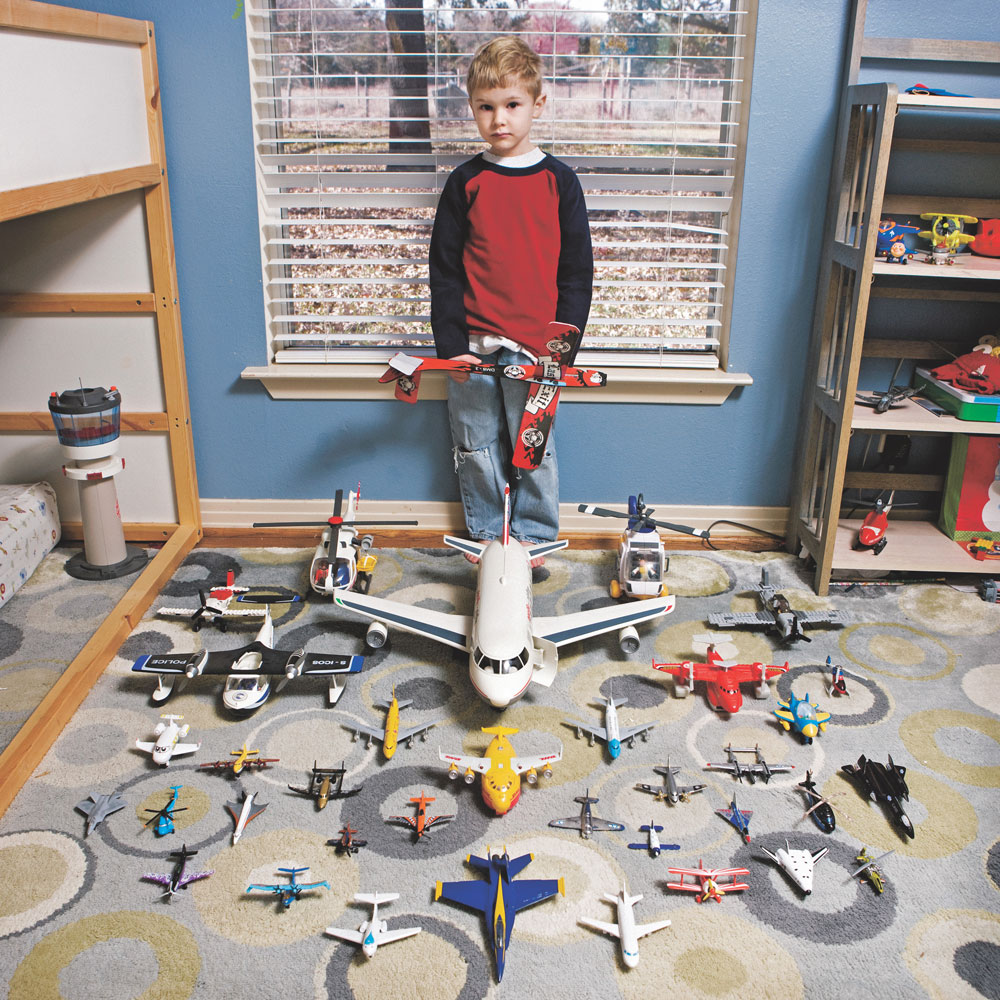

More Must-Reads from TIME
- Donald Trump Is TIME's 2024 Person of the Year
- Why We Chose Trump as Person of the Year
- Is Intermittent Fasting Good or Bad for You?
- The 100 Must-Read Books of 2024
- The 20 Best Christmas TV Episodes
- Column: If Optimism Feels Ridiculous Now, Try Hope
- The Future of Climate Action Is Trade Policy
- Merle Bombardieri Is Helping People Make the Baby Decision
Contact us at letters@time.com